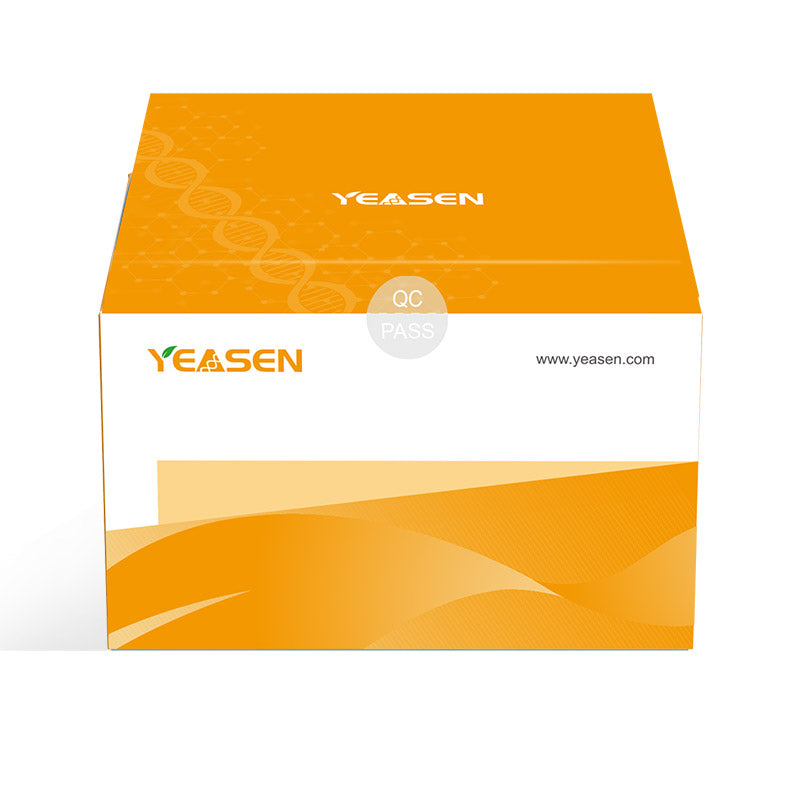Descrizione
OpenCRISPR-1 is a gene editing tool designed de novo using artificial intelligence technology, with a Cas9-like protein as its core component. This protein has undergone extensive sequence re-engineering, featuring up to 400 mutations compared to the widely used SpCas9, and nearly 200 distinct differences from any known natural CRISPR-associated protein. Despite these extensive modifications, the product retains gene editing efficiency and target specificity comparable to, or even superior than, SpCas9.
Features
Protein purity: ≥95%;
Bacterial endotoxin: <10 EU/mg;
Escherichia coli host cell DNA: <3 ng/mL;
Escherichia coli host cell protein: <0.1 ppm;
Mycoplasma contamination test: negative.
No residual nuclease, nicking enzyme, RNAase, or phosphatase (<0.0001 U);
Specifications
|
Item No. |
14703ES60 / 14703ES80 |
|
Size |
100 μg / 1 mg |
|
Expression Host |
E.coli |
|
Concentration |
10 mg/mL |
|
Molecular Weight |
163.5 kDa |
|
Purity |
≥95% |
Components
|
Components No. |
Name |
14703ES60 |
14703ES80 |
|
14703-A |
OpenCRISPR-1 (10 mg/mL) |
10 μL |
100 μL |
|
14703-B |
10× Cas9 Nuclease Reaction Buffer |
500 μL |
1 mL |
Storage
This product should be stored at -25~-15℃ for 1 year.
Application
Genome editing based on CRISPR/Cas technology;
Genetic modification of cell and gene therapy products (e.g., hematopoietic stem cells, T cells);
In vitro screening of effective sgRNAs;
In vitro cleavage of target DNA.
Documents:
Safety Data Sheet
Manuals
Pagamento e sicurezza
Le informazioni di pagamento vengono elaborate in modo sicuro. Non archiviamo i dettagli della carta di credito né abbiamo accesso alle informazioni sulla tua carta di credito.
Indagine
Potrebbe piacerti anche
FAQ
Il prodotto è solo per scopi di ricerca e non è destinato all'uso terapeutico o diagnostico su esseri umani o animali. Prodotti e contenuti sono protetti da brevetti, marchi e copyright di proprietà di Yeasen Biotechnology. I simboli dei marchi indicano il paese di origine, non necessariamente la registrazione in tutte le regioni.
Alcune applicazioni potrebbero richiedere ulteriori diritti di proprietà intellettuale di terze parti.
Yeasen è un sostenitore della scienza etica, convinto che la nostra ricerca debba affrontare questioni critiche garantendo al contempo sicurezza e standard etici.

